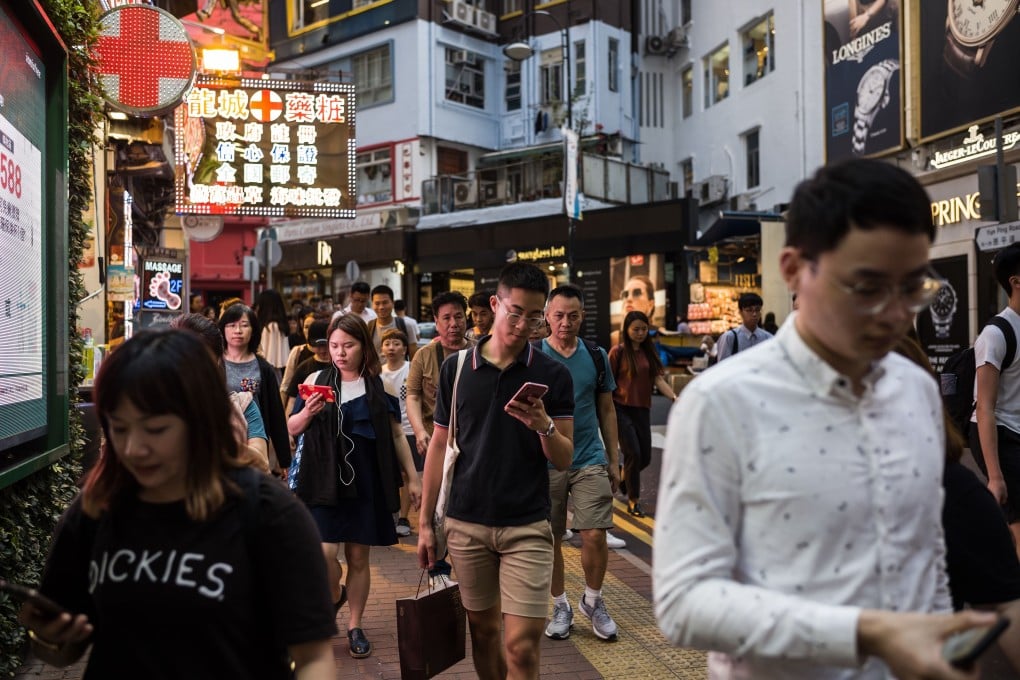Advertisement
Opinion | Hong Kong should stop telling its disaffected youth they are the problem
- Government initiatives aimed at ‘improving’ young people in various ways miss the point. It’s the mismatch between youth expectations and economic opportunities that breeds social discontent, and what officials must address
Reading Time:3 minutes
Why you can trust SCMP

Whenever the government talks about youth policies, it’s like hearing the same old broken record. Phrases like “broadening their horizons”, “enhancing their competitiveness”, “help them pursue higher [this and that]” are repeated ad nauseam. Other than the fact that these terms are so overused they have pretty much lost their meaning, they also reflect the unchanging government tenor that our youths are somehow inadequate.
Young people are inadequate in their narrow outlook; thus the constant need to broaden their horizons. In this ultra-competitive city where children are supposed to “win at the starting line”, the government persistently finds youths’ competitiveness in need of enhancing. And, like a nagging parent, officials keep telling the young people of this city full of overachievers that they need to aim higher.
And yet, when surveys like the one conducted by the Hong Kong Playground Association last year showed that 31.6 per cent of respondents aged six to 24 suffered from mild to extremely severe stress, and 38.7 per cent from moderate to extreme anxiety, we are shocked.
Advertisement
We shake our heads and lament the tough standards kids today have to live up to. But nothing changes afterwards, while policymakers continue to obsess over finding more ways to broaden the horizons and enhance the competitiveness of our stressed-out and anxious young people.
Today’s youth face challenges that are very different from those that confronted policymakers when they were young. A recent study conducted by the New Century Forum found that fresh graduates today earn about 9.6 per cent less in their first job than graduates 25 years ago.
Advertisement

Advertisement
Select Voice
Choose your listening speed
Get through articles 2x faster
1.25x
250 WPM
Slow
Average
Fast
1.25x
